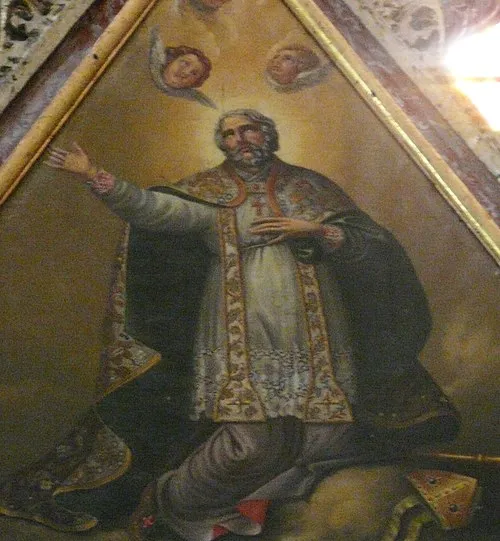
Nicholas Ridley: A Key Figure in Anglicanism
Nicholas Ridley, an influential English Reformer, played a pivotal role in the development of Anglicanism during the Reformation in the 16th century. Known for his theological contributions and martyrdom, Ridley remains a significant figure in the history of the Church of England.
Early Life and Education
Born around 1500 in Northumberland, Nicholas Ridley received a classical education at Cambridge University. There, he developed a strong interest in theological studies, influenced by the Renaissance ideas that permeated Europe in this period. Ridley was notably exposed to reformist ideas, setting the stage for his future contributions to Anglicanism.
Theological Contributions
Ridley's theological perspective was rooted in a desire to return to scriptural foundations. He strongly advocated for the English Bible’s translation and accessibility to the laity, asserting that scripture should guide the faith of Christians. As a member of the reformist movement, Ridley was a key architect in shaping the Book of Common Prayer and the 39 Articles of Religion, which would later define Anglican doctrine.
Rise to Prominence
His advancement within the ecclesiastical hierarchy was rapid; Ridley was appointed Bishop of Rochester in 1550 and later became the Bishop of London. These positions allowed him to promote the Protestant Reformation and reform church practices, including the introduction of communion in both kinds, a significant departure from Catholic traditions. Ridley’s reforms were not without opposition, as conservative factions within the church resisted changes he implemented.
Martyrdom and Legacy
Ridley's unwavering commitment to his beliefs ultimately led to his martyrdom. In 1555, during the reign of Mary I, he was arrested for heresy, primarily for encouraging the reformed faith and resisting the restoration of Roman Catholic practices. Ridley was executed by burning at the stake on October 16, 1555, alongside fellow reformer Hugh Latimer. His last words echoed his steadfast faith, affirming his commitment to the truth of the Gospel.
Ridley’s legacy is profound; his courage in the face of persecution inspired future generations of Anglicans. He is remembered as a venerated martyr and reformer, with his contributions shaping the modern understanding of Anglicanism. To this day, Nicholas Ridley is honored on his feast day, celebrated on the anniversary of his martyrdom.
Conclusion
As a defining figure in the Anglican tradition, Nicholas Ridley's life and work exemplify the spirit of the Reformation. His insistence on scriptural authority and faithfulness to the teachings of Christ have left an indelible mark on the Anglican Church. Today, his story continues to be relevant as Anglicans navigate their identity, heritage, and mission in the contemporary world.






